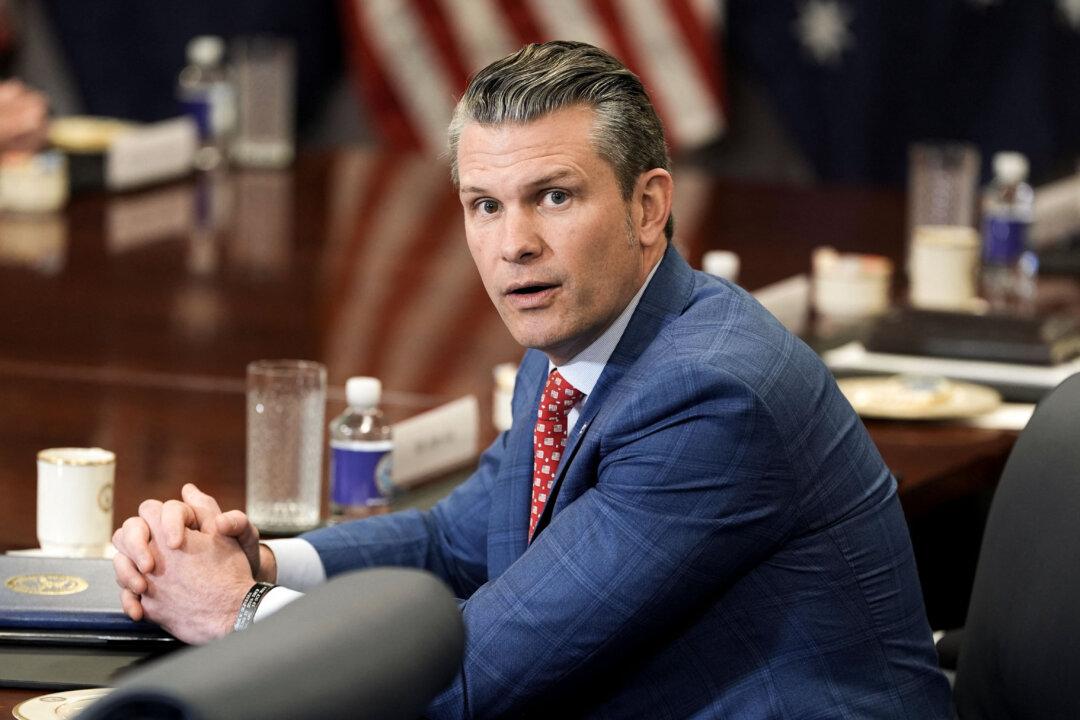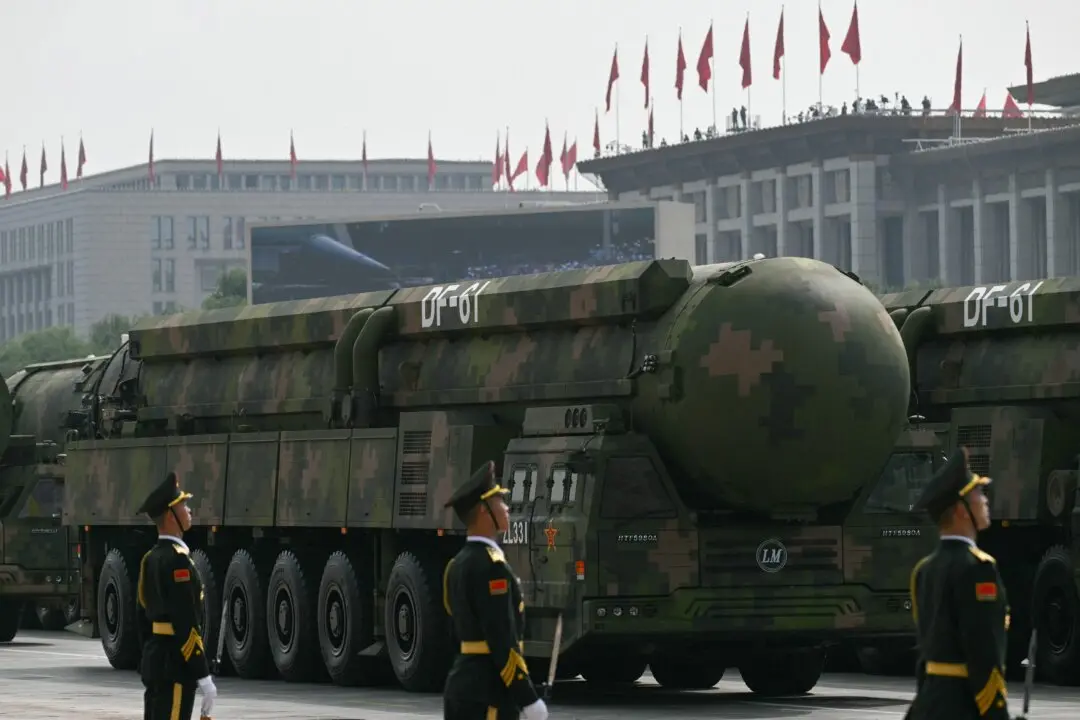Meeting with Ukraine’s network of international backers in Belgium on Feb. 12, U.S. Defense Secretary Pete Hegseth warned that retaking all territory that Ukraine has lost to Russia since 2014 is an unrealistic war goal and insisted that Europe must take on a greater share of the burden of supporting Ukraine.
“We want, like you, a sovereign and prosperous Ukraine. But we must start by recognizing that returning to Ukraine’s pre-2014 borders is an unrealistic objective,” Hegseth said as he met with the Ukraine Defense Contact Group.





